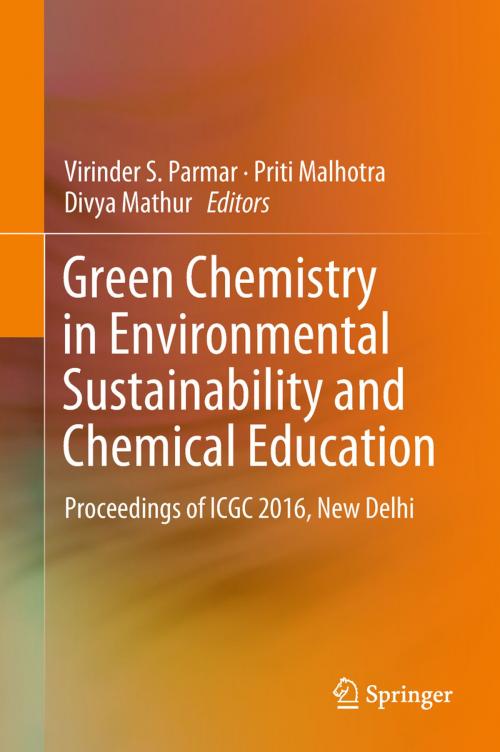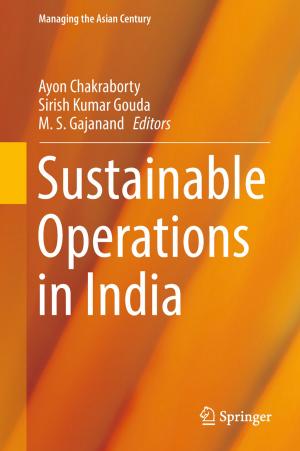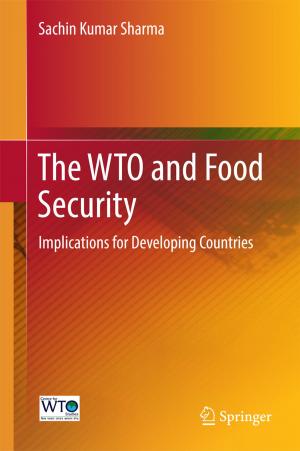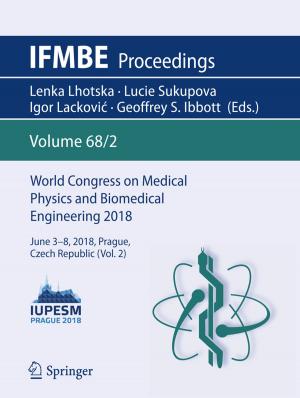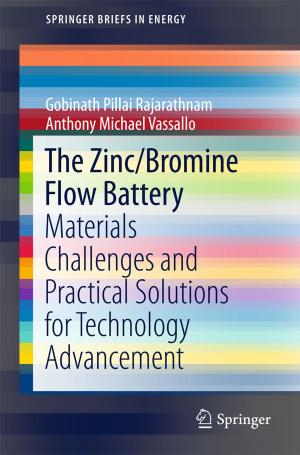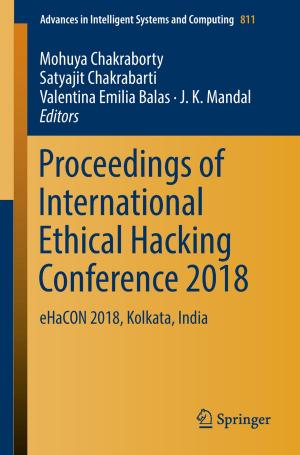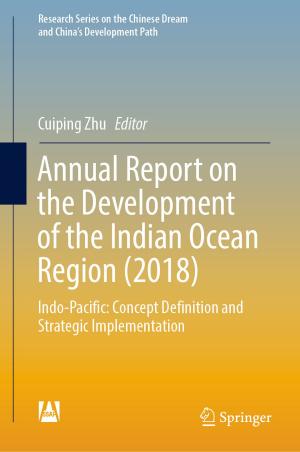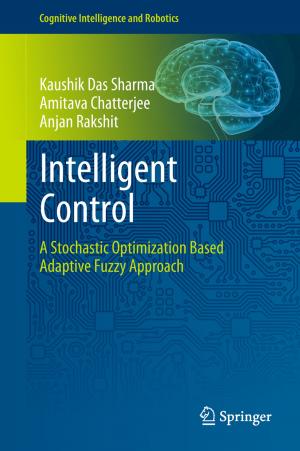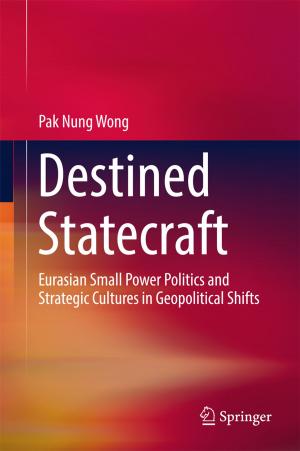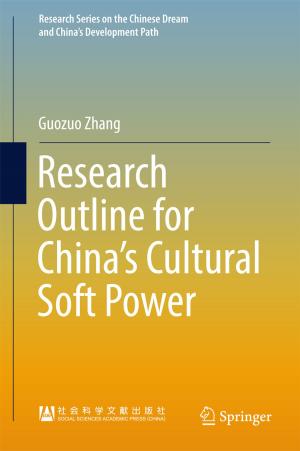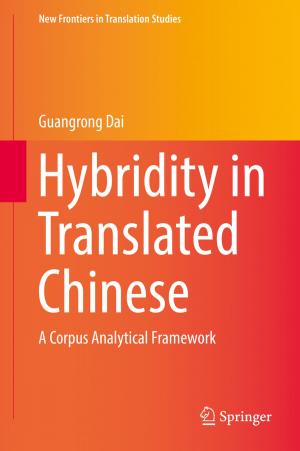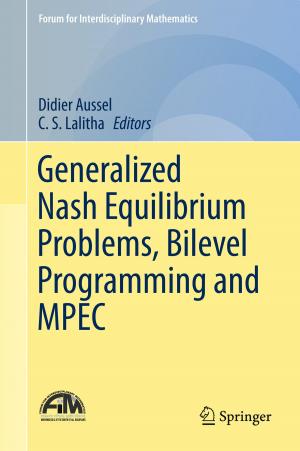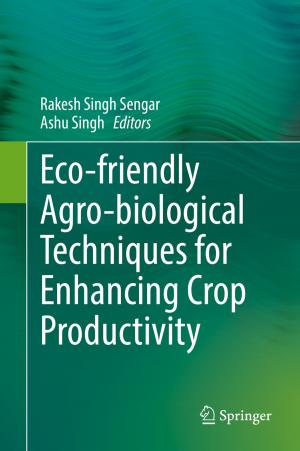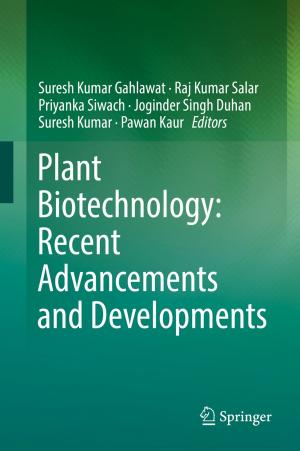Green Chemistry in Environmental Sustainability and Chemical Education
Proceedings of ICGC 2016, New Delhi
Nonfiction, Science & Nature, Science, Physics, Energy, Chemistry, General Chemistry| Author: | ISBN: | 9789811083907 | |
| Publisher: | Springer Singapore | Publication: | August 13, 2018 |
| Imprint: | Springer | Language: | English |
| Author: | |
| ISBN: | 9789811083907 |
| Publisher: | Springer Singapore |
| Publication: | August 13, 2018 |
| Imprint: | Springer |
| Language: | English |
Chemistry is considered to be one of the prime causes of environmental pollution and degradation. The United Nations General Assembly also addressed the environmental challenges in its Sustainable Development Goals (SDGs), which have been adopted in 2015. A closer look shows that to meet these goals chemistry will play an important role. Green chemistry encompasses design and synthesis of environmentally benign chemical processes, green approaches to minimize and/or remediate environmental pollution, the development of biomaterials, biofuel, and bioenergy production, biocatalysis, and policies and ethics in green chemistry. When products in use today become waste, we need to treat that waste so that hazardous substances are not re-circulated into new products. In this context, circular economy is also an important point of discussion, which focuses on recycling, reuse and use of renewable sources.
The theme of the International Conference on "Green Chemistry in Environmental Sustainability & Chemical Education (ICGC-2016) held in Delhi from 17-18 November 2016 was to discuss the emerging green trends in the direction of sustainability and environmental safety. ICGC-2016 consisted of keynote, plenary and invited lectures, panel discussion, contributed oral papers and poster presentations. The conference provided a platform for high school students, undergraduate and postgraduate students, teaching fraternity and young researchers to interact with eminent scientists and academicians from all over the world who shared their valuable views, experience and research on the harmonious methods in chemistry for a sustainable environment.
This volume of proceedings from the conference provides an opportunity for readers to engage with a selection of refereed papers that were presented during the ICGC-2016 conference. The overarching goal of this book is to discuss most recent innovations and concerns in green chemistry as well as practical challenges encountered and solutions adopted to remediate a scathed environment into a pristine one. It includes an extensive variety of contributions from participants of ICGC-2016 that demonstrate the importance of multidisciplinary and interdisciplinary approach to problem solving within green chemistry and environmental management. The proceedings is thus a green chemistry monograph resulting from the fruitful deliberations in the conference, which will deeply enhance awareness about our responsibility towards the environment.
Chemistry is considered to be one of the prime causes of environmental pollution and degradation. The United Nations General Assembly also addressed the environmental challenges in its Sustainable Development Goals (SDGs), which have been adopted in 2015. A closer look shows that to meet these goals chemistry will play an important role. Green chemistry encompasses design and synthesis of environmentally benign chemical processes, green approaches to minimize and/or remediate environmental pollution, the development of biomaterials, biofuel, and bioenergy production, biocatalysis, and policies and ethics in green chemistry. When products in use today become waste, we need to treat that waste so that hazardous substances are not re-circulated into new products. In this context, circular economy is also an important point of discussion, which focuses on recycling, reuse and use of renewable sources.
The theme of the International Conference on "Green Chemistry in Environmental Sustainability & Chemical Education (ICGC-2016) held in Delhi from 17-18 November 2016 was to discuss the emerging green trends in the direction of sustainability and environmental safety. ICGC-2016 consisted of keynote, plenary and invited lectures, panel discussion, contributed oral papers and poster presentations. The conference provided a platform for high school students, undergraduate and postgraduate students, teaching fraternity and young researchers to interact with eminent scientists and academicians from all over the world who shared their valuable views, experience and research on the harmonious methods in chemistry for a sustainable environment.
This volume of proceedings from the conference provides an opportunity for readers to engage with a selection of refereed papers that were presented during the ICGC-2016 conference. The overarching goal of this book is to discuss most recent innovations and concerns in green chemistry as well as practical challenges encountered and solutions adopted to remediate a scathed environment into a pristine one. It includes an extensive variety of contributions from participants of ICGC-2016 that demonstrate the importance of multidisciplinary and interdisciplinary approach to problem solving within green chemistry and environmental management. The proceedings is thus a green chemistry monograph resulting from the fruitful deliberations in the conference, which will deeply enhance awareness about our responsibility towards the environment.
